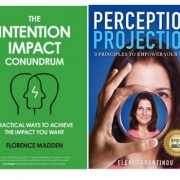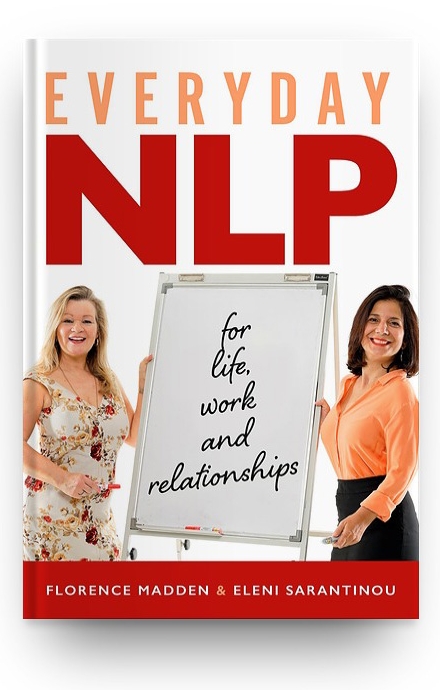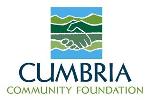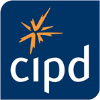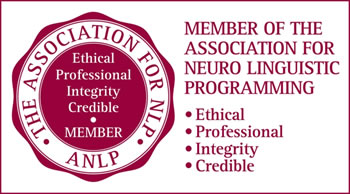‘The Intention Impact Conundrum’ Reviewed By Georgia Cooper, aged 16…. and future Prime Minister!
 Dear Florence
Dear Florence
I am writing to you to express my gratitude to you for writing such an amazing and educational book, ‘The Intention Impact Conundrum’.
I am delighted to share this lovely letter from maybe my youngest reader yet, who just embodies the idea of a ‘growth mindset’ Read on for her review of the book:
It has taught me many life lessons that I will take with me as I progress through my education and onto what will hopefully be a successful career. I found the book insightful and compelling but also clear as it presented complex ideas in an interesting and concise way. It has definitely helped me to be aware of, and to be in control of, the impact that I have on myself and others.
I became interested in NLP many months ago after my Dad, Steve Cooper, told me about NLP and how he really believes that it is important for career success, that you improve yourself first and have the right mindset, so that you can go on to help others and the business/ workplace itself. Thank you for giving me a copy of your book so I could start my NLP journey.
Regularly on many occasions after a particular interaction with another person or group of people I have questioned myself. Perhaps I am an overthinker but after a conversation, later in the day I will often replay that conversation in my head and found myself pondering that perhaps I shouldn’t have said a certain thing or if could I have said it better to get the impact I wanted. Furthermore, I never been the best at taking feedback. I probably fit into the perfectionist category quite well and struggle to accept anything less than 100% on a test for example, so negative feedback often felt like an insult and something to avoid at all costs.
I found your book particularly interesting as it made me realise that these behaviours are not a part of me but that I can mould and shape my character to be the best person I can be. I can put myself in the Ideal- ‘The open book’ and accept feedback as a way to improve and to grow rather than limit myself to my current abilities. Feedback is not a threat but it’s a helping hand to success. I also learnt that it should be the love for success that drives me forward, and not the fear of failure as failure is inevitable and it’s learning from it that counts. I also learnt that I need to recognise my ego state, so I can have useful, meaningful conversations where my intention is the same as my impact.
This book has definitely changed my thinking and broadened my horizons especially the part where you explained the negative belief cycle. It highlighted that there are no benefits in being a pessimist and if I really want to achieve something, I need to be positive and visualise success as if I believe something and want it to happen then my unconscious mind and growth mindset will help me to achieve it.
I really enjoyed the motivational quotes you used such as two of my favourites; “Whether you think you can, or you think you cannot you’re right,” and “We are what we repeatedly do. Excellence then is not an act but a habit.”
Also the exercises at the end of each chapter really helped to engage my mind and apply practically what I had just learnt, which highlighted the true benefit of the advice given in the book and how I can use it to increase my personal effectiveness.
Overall, I really enjoyed your book and I look forward to exploring NLP further in the future as I find it interesting and extremely useful. I also look forward to reading your second book and other NLP books.
Thanks again.
Yours Sincerely,
Georgia Cooper

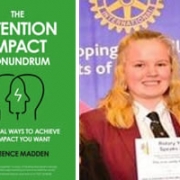
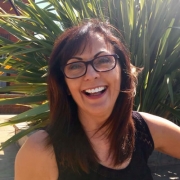
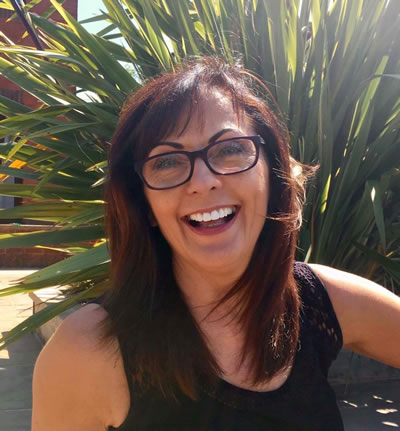 Jill Harrison, NLP Master Practitioner, Manager of Next Generation Health and a Healthy Lifestyle Coach within the NHS. She is also a mum and delivers her own fitness classes.
Jill Harrison, NLP Master Practitioner, Manager of Next Generation Health and a Healthy Lifestyle Coach within the NHS. She is also a mum and delivers her own fitness classes.
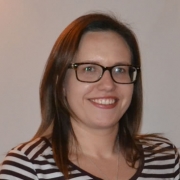
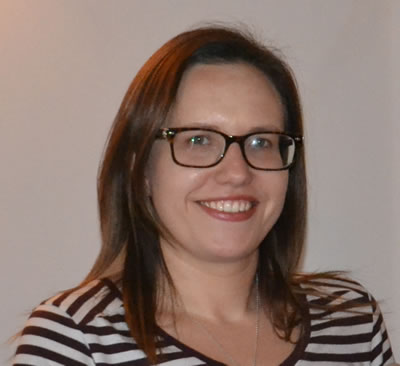 Jo Walley, Coach, Trainer and NLP Business Practitioner
Jo Walley, Coach, Trainer and NLP Business Practitioner